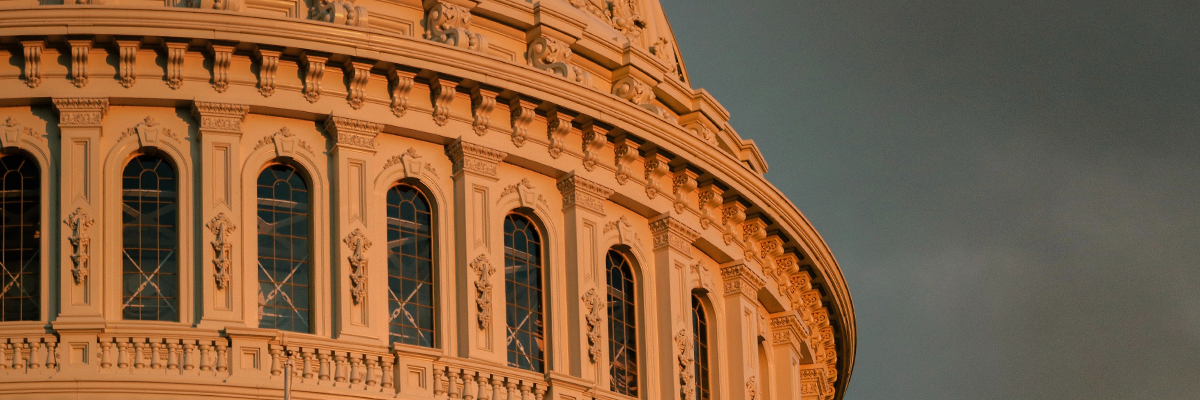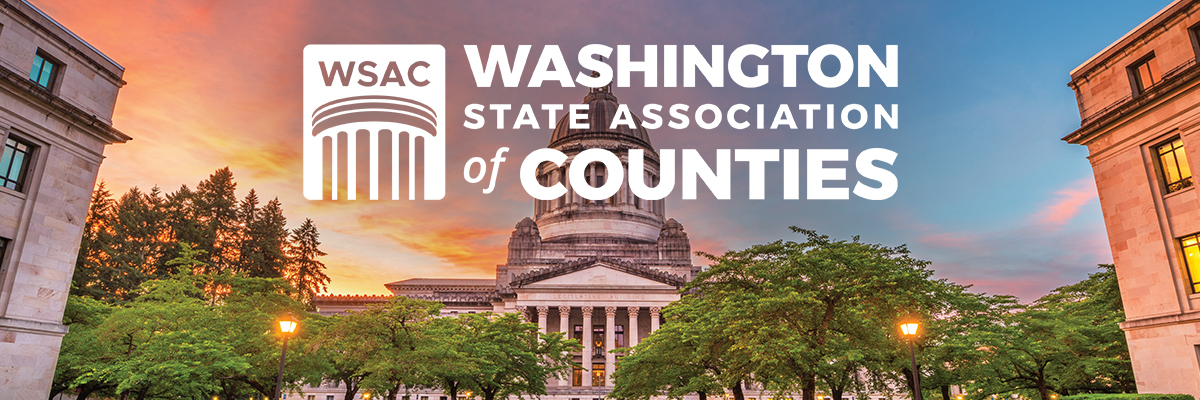The Washington Supreme Court ruled in favor of Snohomish County in an 8-1 (J. Stephens dissenting) decision on October 10, ruling that the county properly applied the “active and ongoing investigation” exemption in response to a public records request. The ruling confirms that counties do not have to continually reexamine all records based on the date they release the records.
In 2014, Ron Gipson, a sitting Everett City Council member, was investigated for allegations of sexual harassment and discrimination reported by female corrections officers at the Snohomish County Denney Juvenile Justice Center, where he worked. To address the allegations, he submitted a public records request to the county, which issued its response in five installments over several months. Because there was an active investigation at the time the request was made, the county withheld or redacted documents under the “active and ongoing investigation” exemption to the Public Records Act (PRA). Gipson subsequently filed suit to obtain the withheld documents and seeking statutory penalties under the PRA.
Snohomish County sought summary judgment at the trial court level and won, under the argument, the county had a right to rely on the exemption as of the date the request was received, not on the date each installment was made. The Court of Appeals affirmed the decision of the trial court, stating the county was not required to update its responses once the investigation ended. Gipson then appealed to the state Supreme Court.
Upon the request of Snohomish County, WSAC joined with the Washington State Association of Municipal Attorneys (WSAMA) to file an amicus curiae brief in support of the county’s position and showing how an adverse ruling would impact local governments across the state.
The brief explained how a ruling in Gipson’s favor would render it impossible for local governments to respond to requests in a timely and clear fashion. Without the ability to rely on the “no standing requests” rule, which states that a requestor may only seek documents that exist at the time the request is made, public records requests would unreasonably interfere with a local government’s ability to provide their core public services. Without a hard and fast rule, counties would have to continually revisit requests to ensure nothing had changed that would now require the release of previously exempted records, at great burden and expense to the county.
The Supreme Court agreed, stating that installments are not new stand-alone requests but should be treated as the parts of a single request they are. Under the PRA, “the receiving agency determines any applicable exemptions at the time the request is received.” It is up to the requestor to make a “refresher request” if and when an exemption expires. This ruling provides clarity and certainty to local governments, which may rely on both the “active investigation” exemption and the “no standing requests” rule in determining which records must be released.
—
The WSAC Board of Directors has long believed that “WSAC has a significant interest in shaping the issues and arguments presented to the court” regarding “issues important to and affecting Washington county governments.” To that end, WSAC will file amicus curiae, or friend of the court, briefs in appellate cases that “relate to land use, have substantial fiscal impacts, or relate to county structure or organic powers when requested by a county’s executive or the majority of its legislative authority.” To request WSAC’s involvement, please see WSAC’s Amicus Policy and Process on page 40 of the Comprehensive Policy Manual.


